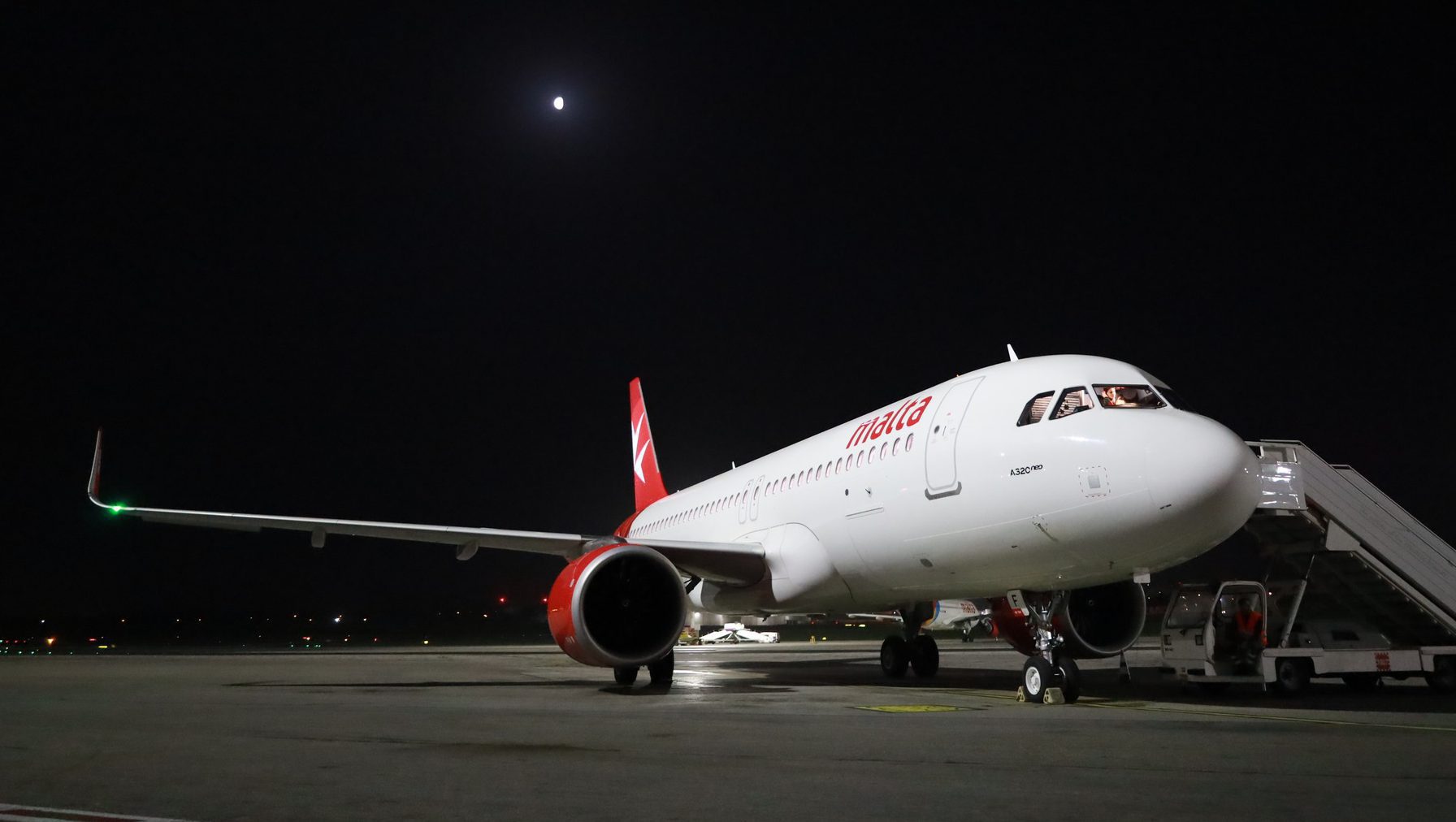Updated with FATF President’s comments below
Financial Action Task Force (FATF) President Marcus Pleyer has urged Malta’s authorities not to “downplay the deficiencies that exist”, at a press briefing detailing decisions taken by the anti-money laundering (AML) and financing of terrorism (CFT) global organisation during its plenary session week.
The FATF said that in June 2021 Malta made a high-level political commitment to work with the FATF and Moneyval to strengthen the effectiveness of its AML/CFT regime.
The FATF acknowledged that since the adoption of its Mutual Evaluation Report (MER) in July 2019, Malta has made progress on a number of the MER’s recommended actions to improve its system.
It noted that Malta had strengthened the risk-based approach to Financial Institutions (FI) and Designated Non-Financial Businesses and Professions (DNFBP) supervision, and improved the analytical process for financial intelligence.
Malta also made progress by resourcing the police and empowering prosecutors to investigate and charge complex money laundering in line with Malta’s risk profile, and by introducing a national confiscation policy as well as passing a non-conviction based confiscation law.
The FATF noted that Malta had raised sanctions available for the crime of Terrorism Financing (TF) and increased its capability to investigate cross-border cash movements for potential TF activity.
Malta was also increasing outreach and immediate communication to reporting entities on targeted financial sanctions and improving the TF risk understanding of the Non-Profit Organisation (NPO) sector.
The FATF said that Malta will work to implement its action plan by:
(1) continuing to demonstrate that beneficial ownership information is accurate and that, where appropriate, effective, proportionate, and dissuasive sanctions, commensurate with the ML/TF risks, are applied to legal persons if information provided is found to be inaccurate; and ensuring that effective, proportionate, and dissuasive sanctions are applied to gatekeepers when they do not comply with their obligations to obtain accurate and up-to-date beneficial ownership information;
(2) enhancing the use of the FIU’s financial intelligence to support authorities pursuing criminal tax and related money laundering cases, including by clarifying the roles and responsibilities of the Commissioner for Revenue and the FIU; and
(3) increasing the focus of the FIU’s analysis on these types of offences, to produce intelligence that helps Maltese law enforcement detect and investigate cases in line with Malta’s identified ML risks related to tax evasion.
Malta joins the grey list of jurisdictions under increased monitoring along with Haiti, the Philippines and South Sudan.
“Jurisdictions under increased monitoring are actively working with the FATF to address strategic deficiencies in their regimes to counter money laundering, terrorist financing, and proliferation financing,” the FATF said.
“When the FATF places a jurisdiction under increased monitoring, it means the country has committed to resolve swiftly the identified strategic deficiencies within agreed timeframes and is subject to extra checks.”
The FATF also welcomed the progress made by these countries in combating money laundering and terrorist financing, despite the challenges posed by COVID-19.
Reports leading up to the FATF vote pointed towards issues with the non-ratification of a Council of Europe sports betting convention and perceived lax controls on the transfers of cryptocurrency and virtual assets when authorities implemented a regulatory framework to regulate the market.
No mention of this was made by the FATF.
FATF President Marcus Pleyer’s comments
FATF President Marcus Pleyer, in his presentation of the FATF conclusions, said that there had been many reports about Malta in the media, and said that he was happy to explain them in further detail.
“Malta underwent a Mutual Evaluation Report in 2019,” he said. “That’s the starting point.”
“The final report outlined a large number of serious issues regarding risks in the country. These were significant strategic deficiencies. Since then, the FATF recognises that Malta has made good progress in a number of areas.”
“However, serious issues remain.”
“This includes issues concerning criminal tax and related money laundering cases. The FIAU needs to support law enforcement authorities to pursue and focus on these kinds of cases.”
“The Maltese authorities also need to ensure UBO information is accurate and up-to-date – this often relates to anonymous shell companies. If this information is found to be unaccurate, authorities need to apply dissuasive sanctions.”
Mr Pleyer said that the FATF is clear that there remain serious weaknesses and areas that must be addressed.
“It is crucial for Malta to ensure systems are in place that are strong enough to address ML and TF and serious organised crime.”
“The authorities must not downplay the importance of these measures,” he said. “This is why Malta is going on the grey list as a result of the remaining strategic deficiencies.”
“Malta’s government has given high level political commitment to continue to make the necessary changes. I urge them to do so.”
KM Malta Airlines announces extra flights and special fares for MEP and local council elections
To qualify for special fares, all travel needs to take place into and out of the same city
European Parliament adopts regulation making it easier for companies to be paid on time
The maximum credit term under the new Late Payment Regulation is to up to 120 days, for some sectors
French ATC strike forces Ryanair to cancel over 300 flights, affecting 50,000 passengers
The low-cost carrier is demanding the EU carries out reforms to ensure travel continues undisrupted






